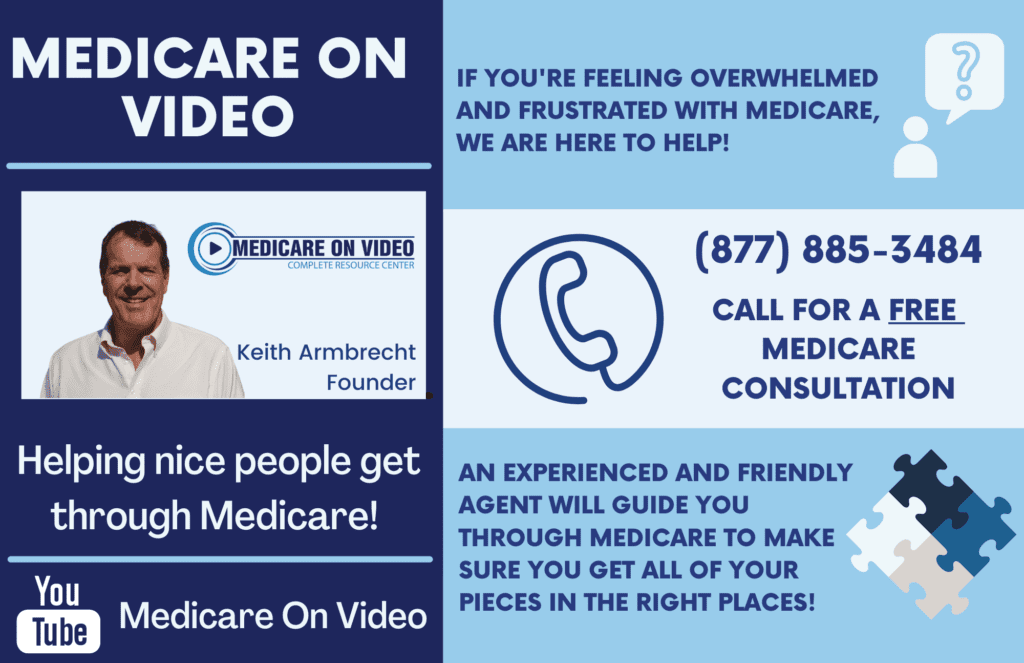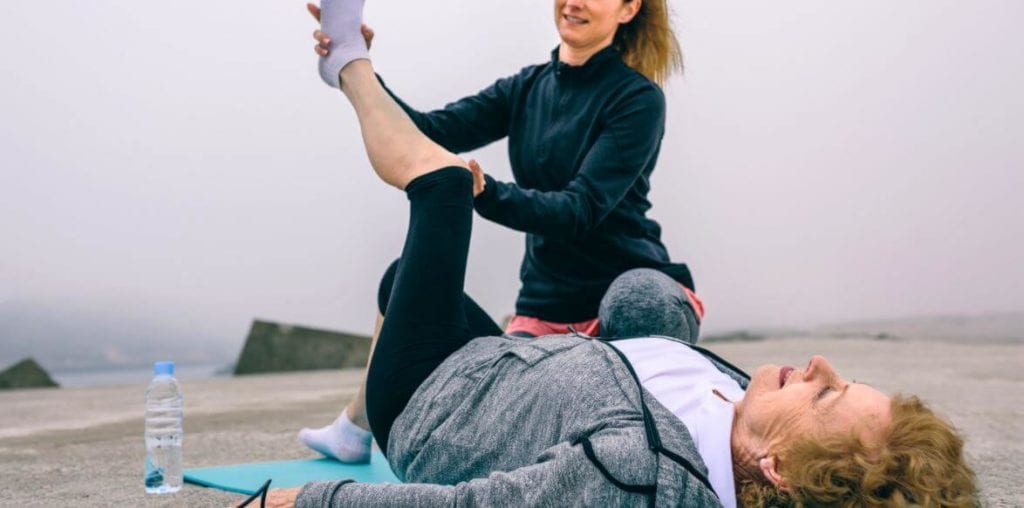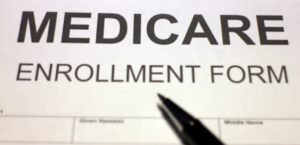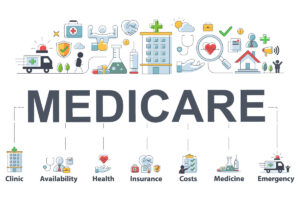When it comes to healthy aging, good health ensures independence, security, and productivity. Unfortunately, many seniors struggle daily with health and safety challenges such as chronic disease, falls and other accidents, and mental health issues. All of which can impact their quality of life.
According to the U.S. Census Bureau, the nation’s 65-and-older population has snowballed since 2010, driven by the aging of Baby Boomers born between 1946 and 1964. The 65-and-older population grew by over a third (34.2% or 13,787,044) during the past decade, and by 3.2% (1,688,924) from 2018 to 2019. In 2019, one in five people in Maine, Florida, West Virginia, and Vermont were age 65 or older.
As the population over age 65 continues to grow, they are more focused than ever on healthy aging. We have put together some healthy aging tips for seniors to help keep you physically and mentally healthy well past age 65.
Chronic Diseases
Chronic conditions, including arthritis, diabetes, and heart disease, are common in those over the age of 65. According to the Centers for Medicare & Medicaid Services (CMS), 80% have at least one chronic condition, and almost 70% of Medicare beneficiaries have two or more chronic conditions. The leading causes of death among seniors in the U.S. are heart disease, cancer, chronic lower respiratory diseases, stroke, Alzheimer’s disease, diabetes, and starting in 2020 COVID-19. Chronic conditions can significantly impact your ability to perform daily activities, resulting in a loss of independence which also negatively impacts mental health.
Chronic conditions can significantly impact your ability to perform daily activities, resulting in a loss of independence which also negatively impacts mental health.
What healthy aging tips can you incorporate into your daily life to lessen the potential impact of chronic conditions? The first step is identifying any chronic conditions you may have and the effect of having not just one but multiple conditions. If you have not already, developing a relationship with your primary care physician is a critical first step. They can help ensure you are screened for appropriate conditions based on your age and help with early identification. While you can’t always eliminate chronic conditions working with your doctor, you can manage them and strive to reach optimum health given the condition or conditions you have.
Falls and other Accidents
As you get older, the result of a simple fall can be much more significant and result in long-term health issues than when you were younger. One out of four older adults falls each year, resulting in a trip to the ER every 11 seconds across the country. Falls are the leading cause of fatal and nonfatal seniors and can result in hip and other fractures, head trauma, and even death. The fear of falling can cause seniors to be less physically active, which may help avoid falls and have the opposite effect as their physical fitness declines, making them even more susceptible to falls, depression, and social isolation. We have put together some healthy aging tips to help you avoid falls and stay fit.
- Repair or remove tripping hazards, including things like loose carpet, slippery throw rugs, or uneven wood floorboards.

- Remove clutter that may be tripping hazards, especially those on stairs or in narrow hallways.
- Install grab bars or handrails in tubs and showers, on stairs, and next to the toilet.
- Ensure you have adequate lighting throughout your home, and add nightlights to your bedroom and bathroom to ensure you can see at night. You can install motion sensor nightlights, so they only turn on when you start to move.
- Add non-slip mats or tape to showers and tubs, which can be very dangerous when wet.
- If you don’t already live in a single-story home and are moving, consider a single-story home with no or few steps to navigate.
- Wear comfortable shoes; the days of high heels or dress shoes with slippery soles may be over if you want to avoid falls.
If you are a caregiver check out this helpful site.
Mental Health
According to the Administration on Aging, one in four older adults experiences a behavioral health problem such as depression, anxiety, or substance abuse. They have also found that these problems can complicate the treatment of other medical conditions, reduce the quality of life, increase the use of health care services, and lead to premature death. Your mental health plays a crucial role in maintaining your overall health. Having close relationships with friends and family leads to less depression and negativity and higher physical activity levels. As you get older, it is more important than ever to maintain and make new relationships. You should not have to be, nor should you be socially isolated. Depression and other behavioral health problems are not a normal part of aging and should be treated. We have developed a list of healthy aging tips for seniors who want to remain socially active.
Your mental health plays a crucial role in maintaining your overall health. Having close relationships with friends and family leads to less depression and negativity and higher physical activity levels. As you get older, it is more important than ever to maintain and make new relationships. You should not have to be, nor should you be socially isolated. Depression and other behavioral health problems are not a normal part of aging and should be treated. We have developed a list of healthy aging tips for seniors who want to remain socially active.
- Adopt a pet – People get enormous pleasure and companionship from their dogs, cats, and other pets. A pet can be a lifesaver for those that getting out and seeing other people is difficult.
- Make an effort to stay in touch – It is easy for all of us to lose touch with friends and family but making a concerted effort to keep in contact with your social network is important. Especially with those who may have a difficult time doing it on their own. This the technology available today. Even if you can’t meet in person, you can set up a video call and still talk face to face.
- Volunteer – Volunteering is a great way to stay socially active and meet new people. Whether through your church or other local groups, there are endless ways to volunteer your time, and there is almost always a shortage of volunteers. In many cases, those volunteer efforts are tied to charity work which has its own rewards. Recent studies show that older individuals who volunteer have a reduced risk of death compared to their counterparts who do not.
- Join a club – Contact a local senior center or ask others in your community if there are any local clubs you may be interested in joining. Attending regular garden club, book club, or arts and crafts club is a great way to meet new people and establish rewarding relationships with those who have similar interests.
- Find a part-time job – Part-time jobs can help keep your mind stimulated and give you a sense of contribution and provide an opportunity to interact with others. If you are looking for work opportunities, Encore.org was founded on the belief that America’s aging population isn’t so much a problem to be solved as it is an opportunity to be seized. They offer various fellowships that empower people, bring generations together to solve society’s greatest problems, increase capacity in the social sector, and create new models for the multigenerational workforce.
If you have questions related to Medicare – we can help! Visit: https://medicareonvideo.com/
















